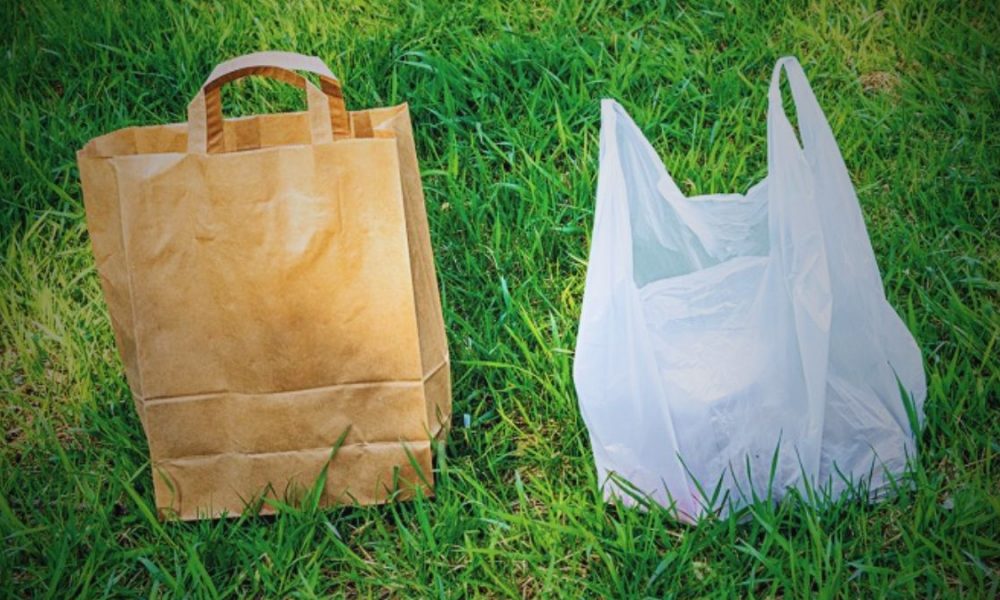Recycling metals is a crucial practice that offers numerous environmental benefits. As the demand for metals continues to grow, recycling provides a sustainable solution to meet this demand while reducing the strain on natural resources and minimizing the environmental impact of metal production. This article will explore the various environmental advantages of metal recycling.
Conserving Natural Resources
Mining and extracting raw materials to produce new metal products is an energy-intensive process that depletes natural resources. By recycling metals, we can significantly reduce the need for virgin materials, preserving finite resources for future generations. Recycling metals such as aluminum, copper, and steel reduces the demand for mining, which helps protect the environment from the negative impacts associated with mining activities, such as habitat destruction, soil erosion, and water pollution.
Reducing Energy Consumption
The production of metals from recycled materials requires significantly less energy compared to extracting and processing raw materials. For example, producing aluminum from recycled sources requires only about 5% of the energy needed to produce aluminum from bauxite ore. Similarly, recycling steel and copper requires 60-70% less energy than producing them from virgin materials. By choosing to recycle metals, we can reduce the overall energy consumption associated with metal production, leading to lower greenhouse gas emissions and a smaller carbon footprint.
Minimizing Waste and Pollution
Recycling metals helps divert waste from landfills and incinerators, reducing the amount of hazardous materials that can potentially contaminate soil and water. Many metals, such as lead and mercury, are toxic and can pose serious health risks if not properly managed. By recycling these metals, we can prevent them from entering the environment and causing harm to ecosystems and human health.
Moreover, metal recycling reduces the need for landfill space, which is becoming increasingly scarce in many regions. By diverting metals from landfills, we can extend the lifespan of existing landfills and reduce the demand for new ones, which often encroach on natural habitats.
Preserving Biodiversity
The extraction and processing of raw materials for metal production can have significant impacts on biodiversity. Mining activities often lead to habitat destruction, fragmentation, and loss of biodiversity. By recycling metals, we can reduce the demand for mining and help preserve natural habitats and the species that depend on them.
Additionally, the reduction in energy consumption and pollution associated with metal recycling helps maintain healthy ecosystems and supports the survival of various plant and animal species.
Promoting a Circular Economy
Recycling metals is a key component of a circular economy, where waste is minimized, and resources are kept in use for as long as possible. By recycling metals, we can extend their lifespan and reduce the need for new metal production, creating a more sustainable and efficient system. This approach helps conserve natural resources, reduce energy consumption, and minimize waste and pollution, ultimately contributing to a healthier environment.
Conclusion
Metal recycling offers a range of environmental benefits that make it an essential practice for a sustainable future. By conserving natural resources, reducing energy consumption, minimizing waste and pollution, preserving biodiversity, and promoting a circular economy, metal recycling plays a crucial role in mitigating the environmental impact of metal production. As individuals and communities, we can contribute to these efforts by actively participating in metal recycling programs and encouraging the use of recycled metals in products and infrastructure. By embracing the environmental benefits of metal recycling, we can work towards a cleaner, greener, and more sustainable world.









